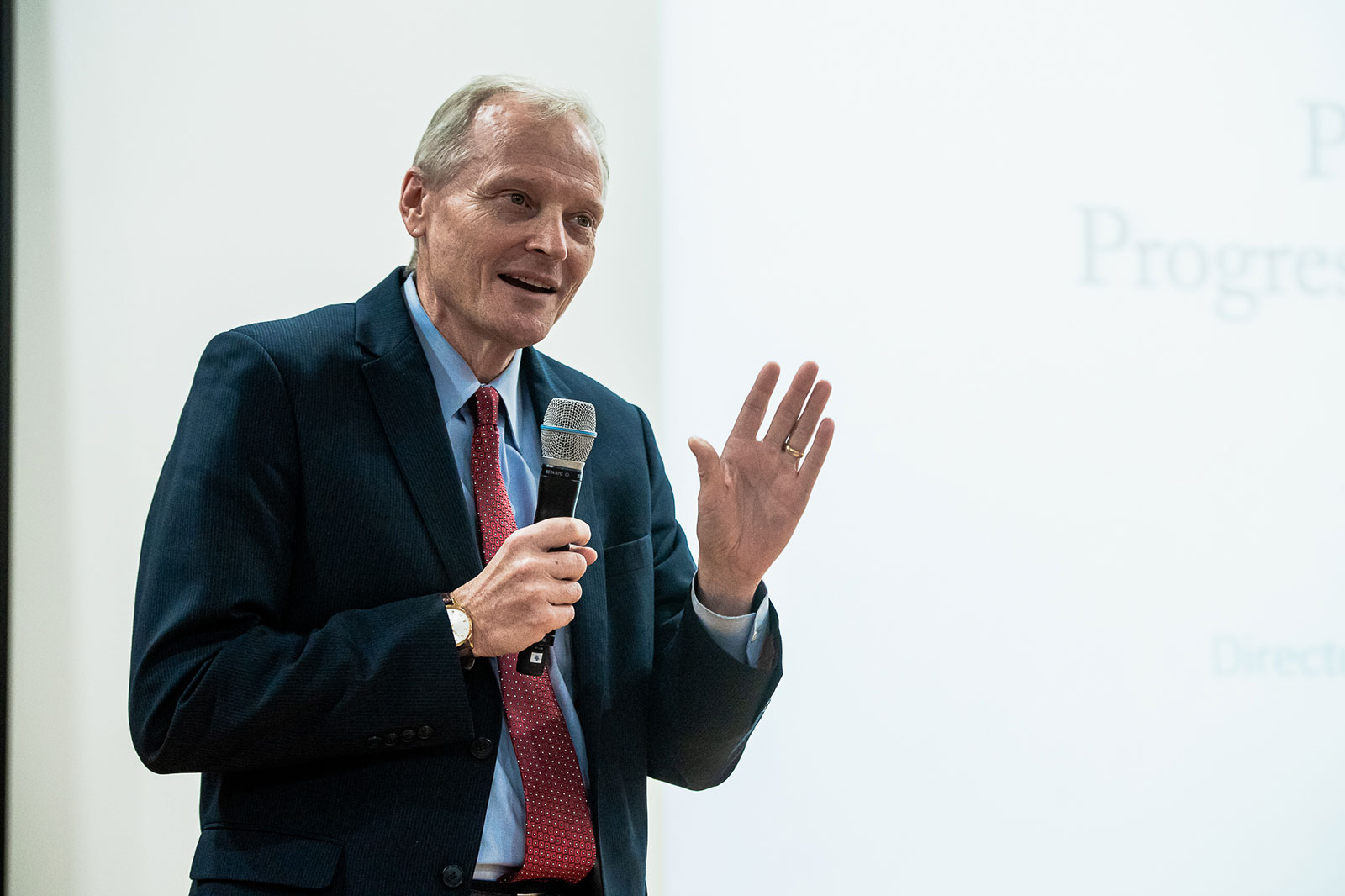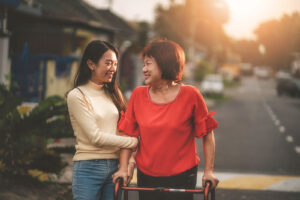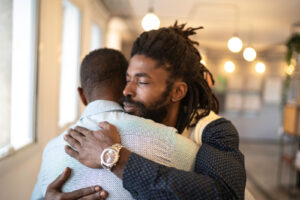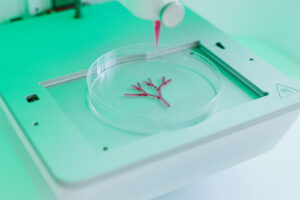Why are there rising rates of younger people getting colorectal cancers?
We started to recognize it about 10 years ago. This is a global phenomenon. At first, people said, “Oh, it’s because people aren’t exercising or [they’re] overweight or [they’re] not eating correctly, watching too much television.” But when we really looked at that, it wasn’t true. These were fit people. I like to joke that I think of them as marathon-running, cardboard-eating colon cancer patients.
Then people said, “Oh, they’re familial cancers. They’re inheriting them.” And while we can’t possibly rule that out completely, what we do know about inherited cancer does not explain the problem. So it is not that.
That leaves some sort of environmental influence that’s changed over this time. And the leading theory, or one of the leading theories as to what’s going on, [is] that we somehow altered what we call our microbiome, the bacteria that lives in and around us that make up our stool, that’s coating the insides of our mouths. It’s all over our skin and is actually an important part of our health.
Traditionally, we have tried to sterilize all of those surfaces. Whether it’s through the use of antibiotics or cosmetic products [or] things that have changed in our food, we’ve somehow altered our microbiomes. That is probably partially explaining what is going on with this issue.
What is being done to address these changes?
I would say that we are trying to learn as fast as we can. We can’t simply prescribe going out and eating dirt to everyone, although that might be a good solution. Said a different way, this is a credible opportunity for us to learn some important lessons about our health and our interaction with our environment and the world around us. If we crack some of this, I think it will lead to not only discoveries around colon cancer, but also things like allergies and asthma and other immunologic abnormalities that people are suffering from now that they weren’t three decades ago. My hope is that this line of research will actually yield a great deal of positive insights to our [overall] health, not just cancer health.
What are some things people should know about the rising rates of colorectal cancers?
We recognize that these symptoms are often common symptoms of other things. It could be rectal bleeding and people have hemorrhoids. It could be a change in bowel habits and people have that on occasion. So generally speaking, when somebody of the age of 65 or 70 has any one of those symptoms, we immediately think colon cancer and immediately screen them. But when a 35-yearold mother of two with some hemorrhoids has some bleeding [and] comes to the doctor, they say, “Oh, it’s almost certainly your hemorrhoids.” And they wave it away.
It’s not only patient awareness that this could be colon cancer in young people. It’s also healthcare providers—whether it’s an urgent care physician, a primary doc, an OB-GYN or even an emergency room doc to recognize that those symptoms could be colorectal cancer.
Why are there later-stage diagnoses or higher mortality rates in black and latinx communities?
We are biologically the same. So I think this may be external to biology. We can only go so far to differences in nutrition habits or exercise. For me at least, we know that there are economic access issues. We know there are cultural issues in being able to identify these problems and seek out and get access to the help you need early enough. I think that’s the sort of thing we can fix without much studying further. I think we need to first make sure everyone is getting equal access to optimal cancer care.







